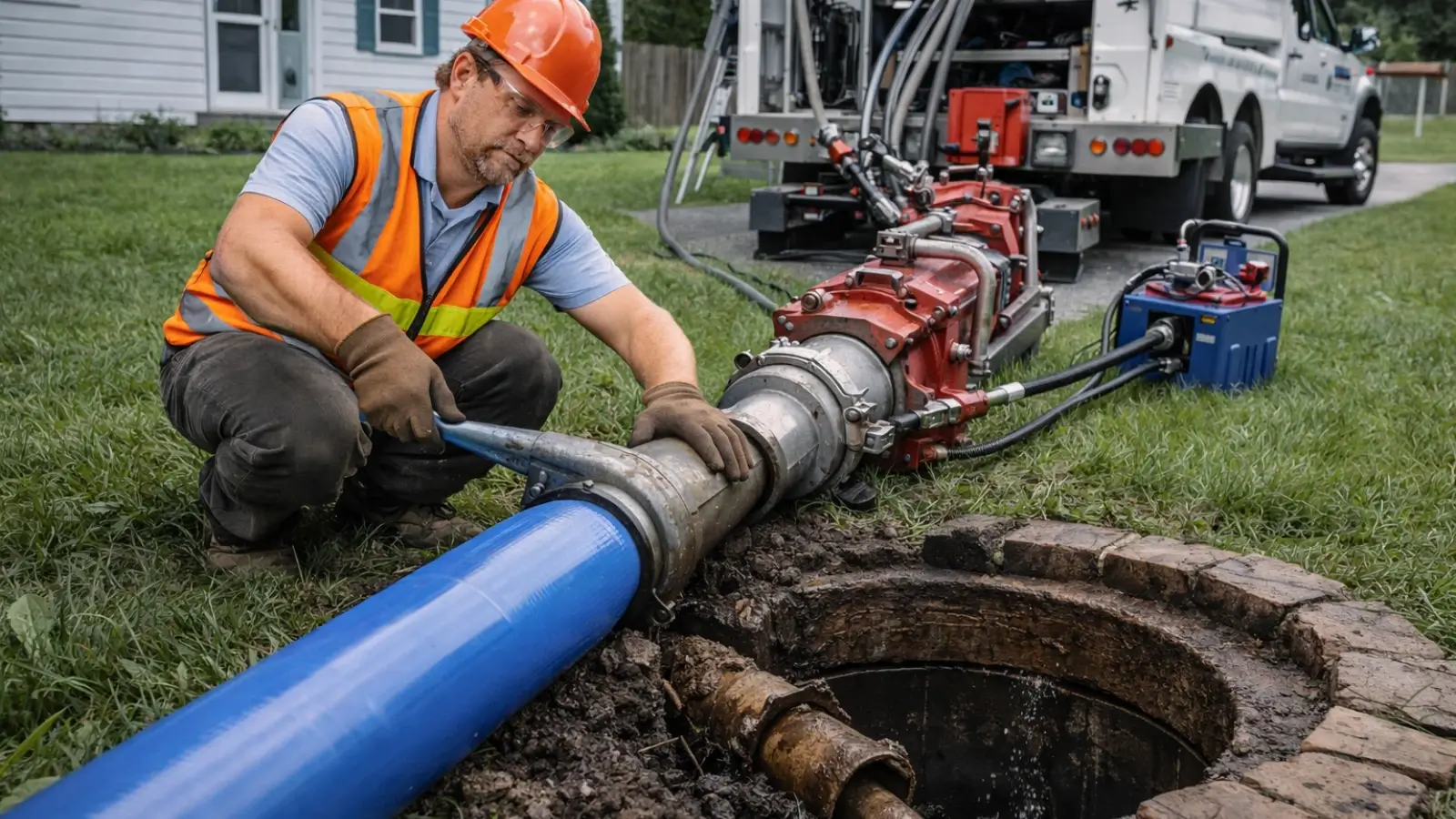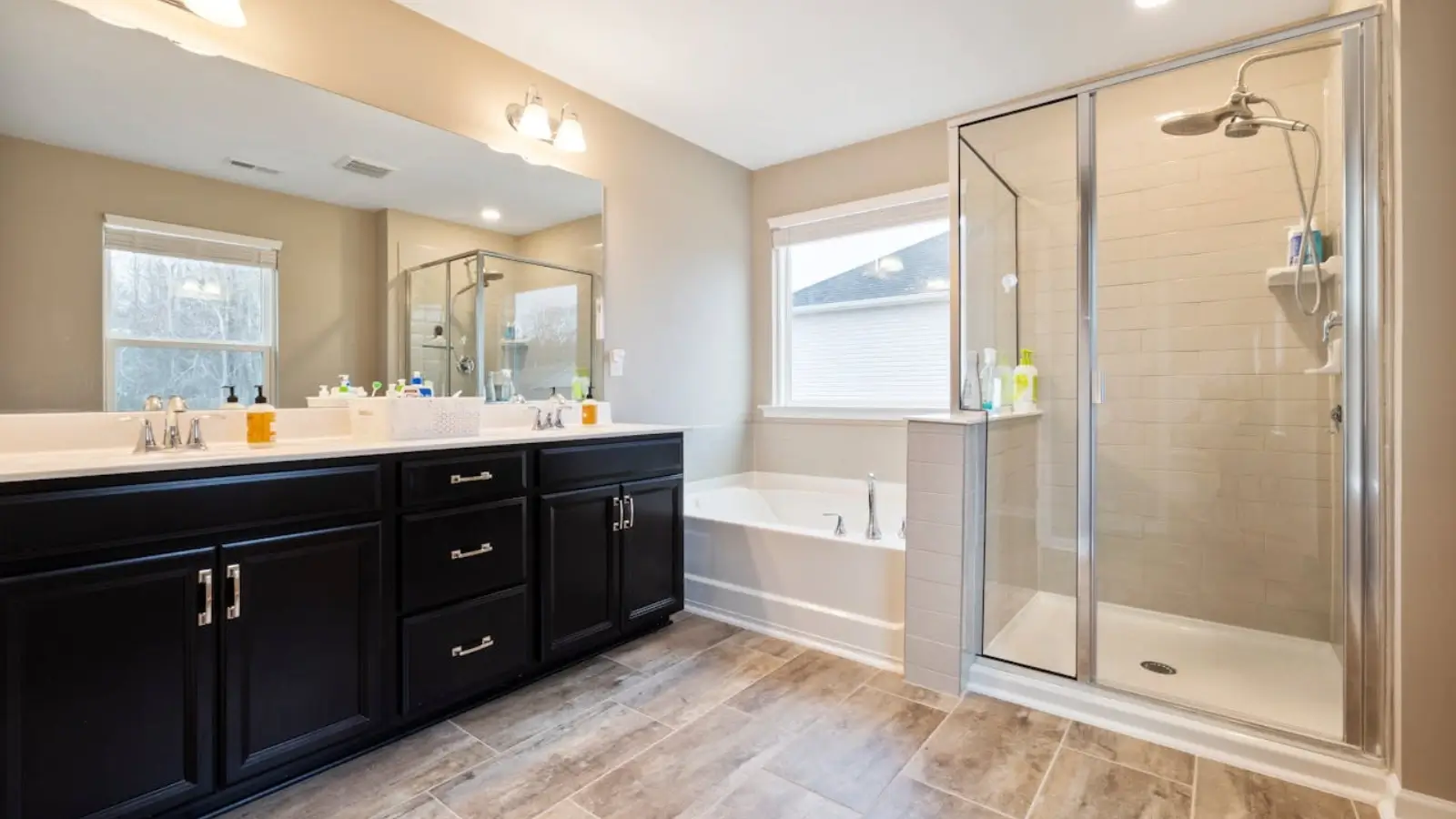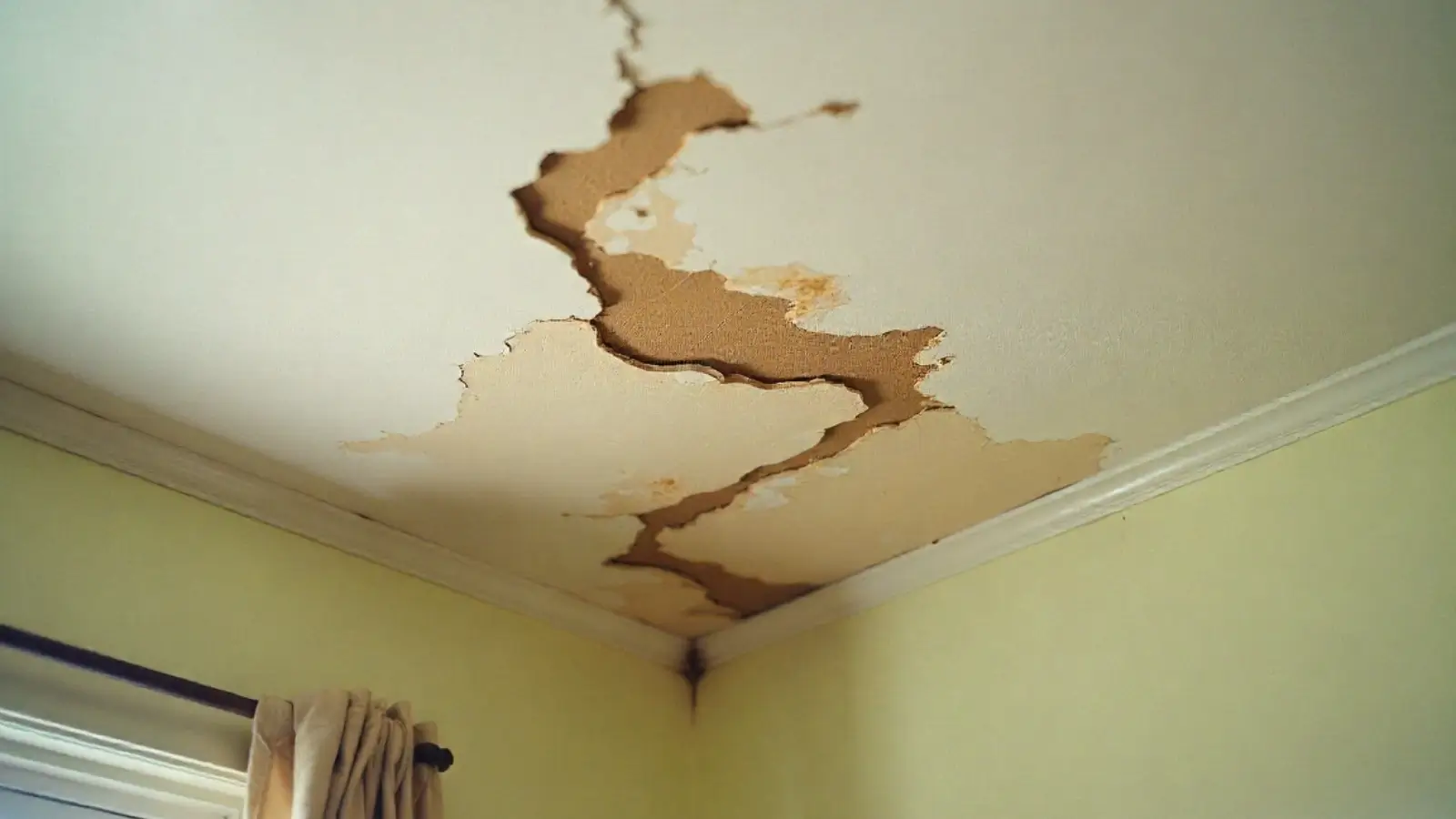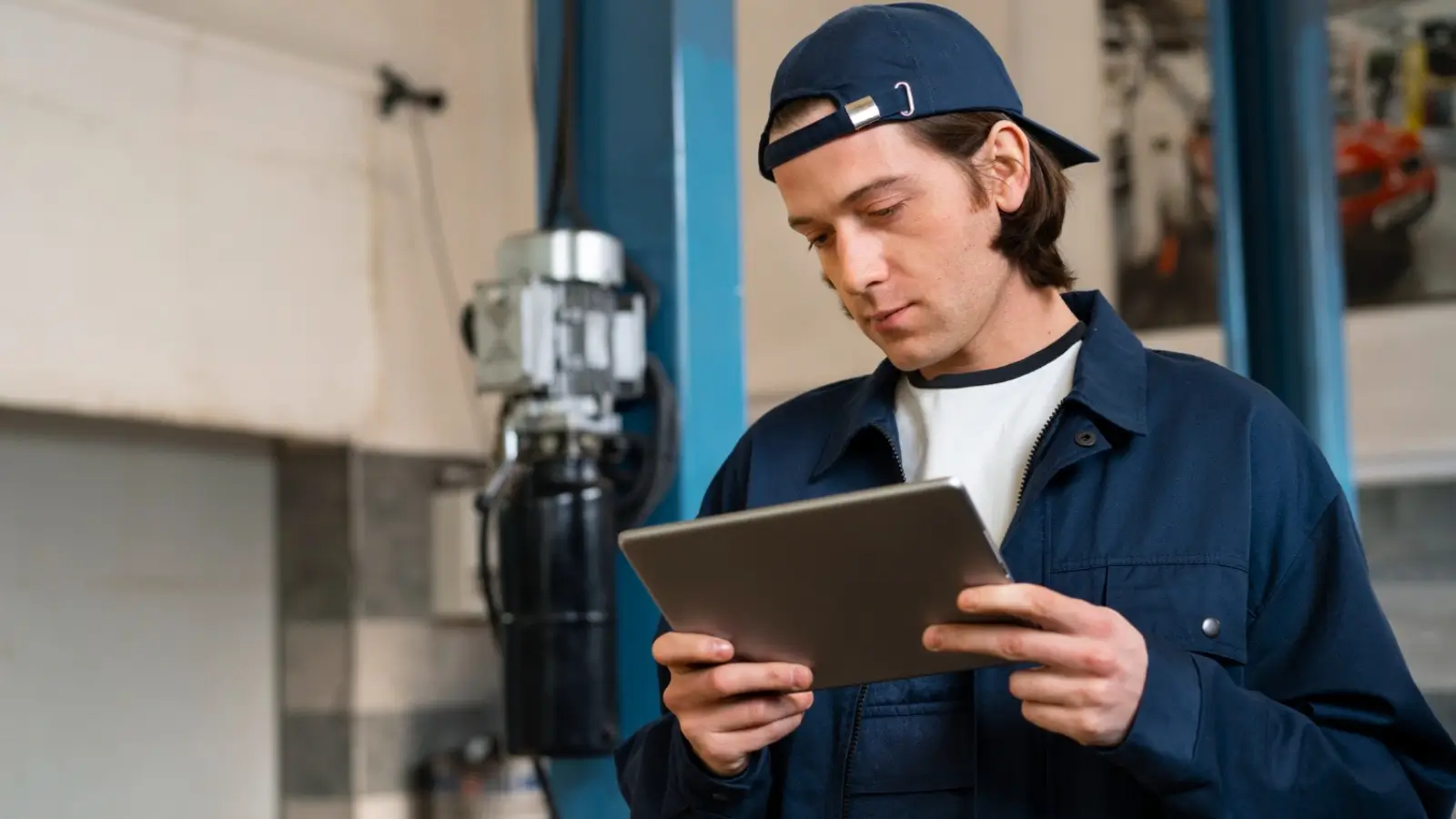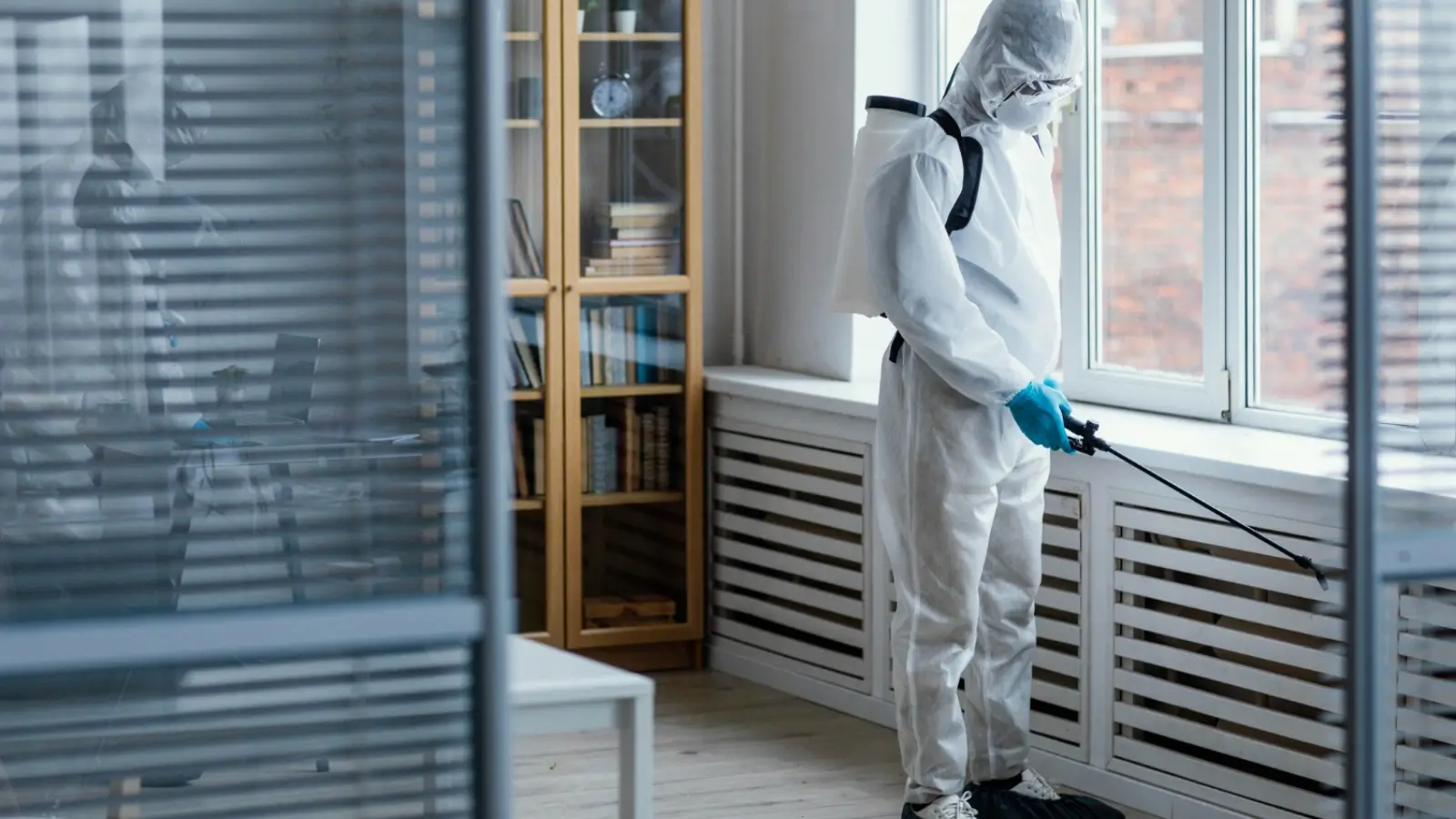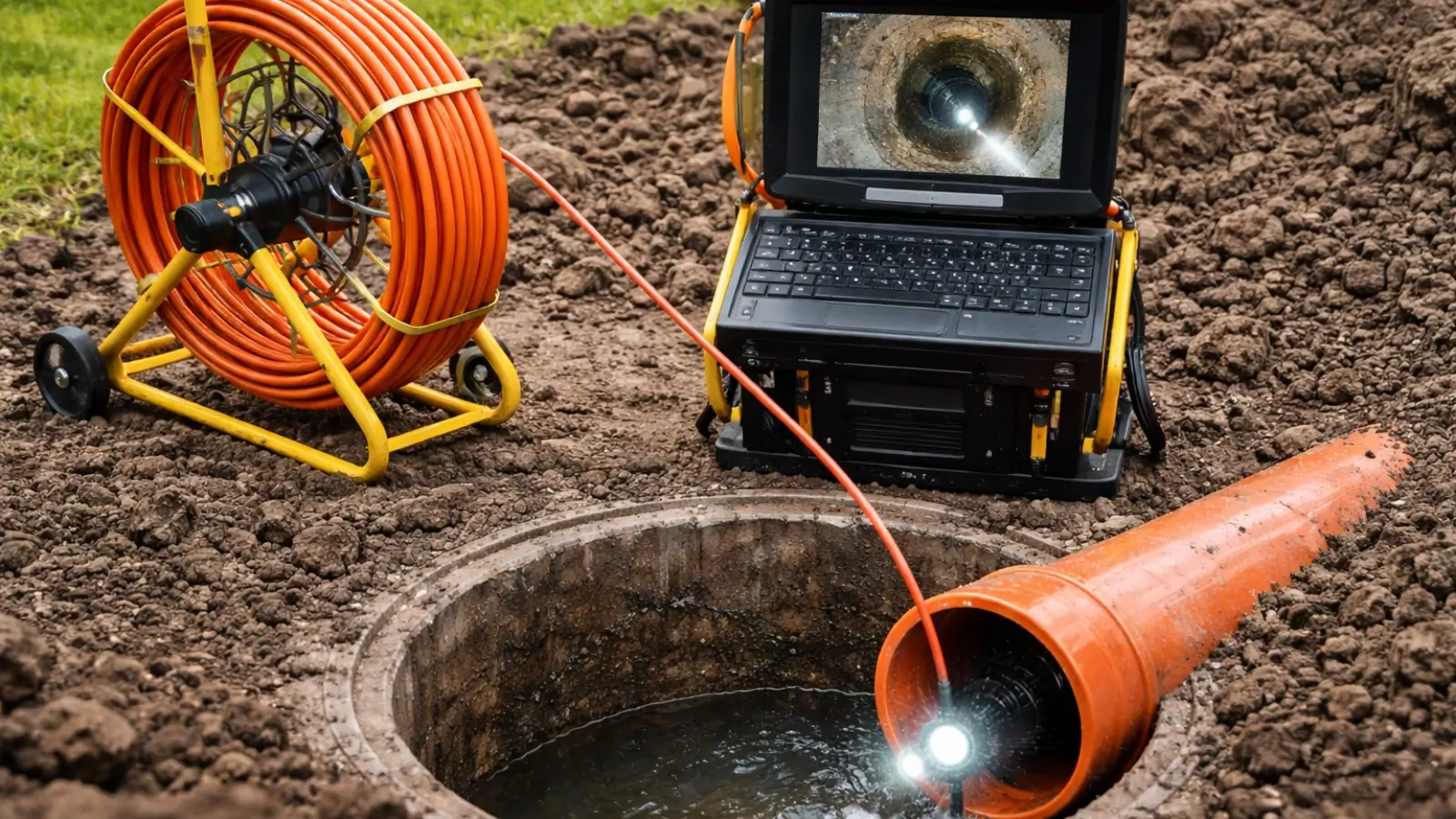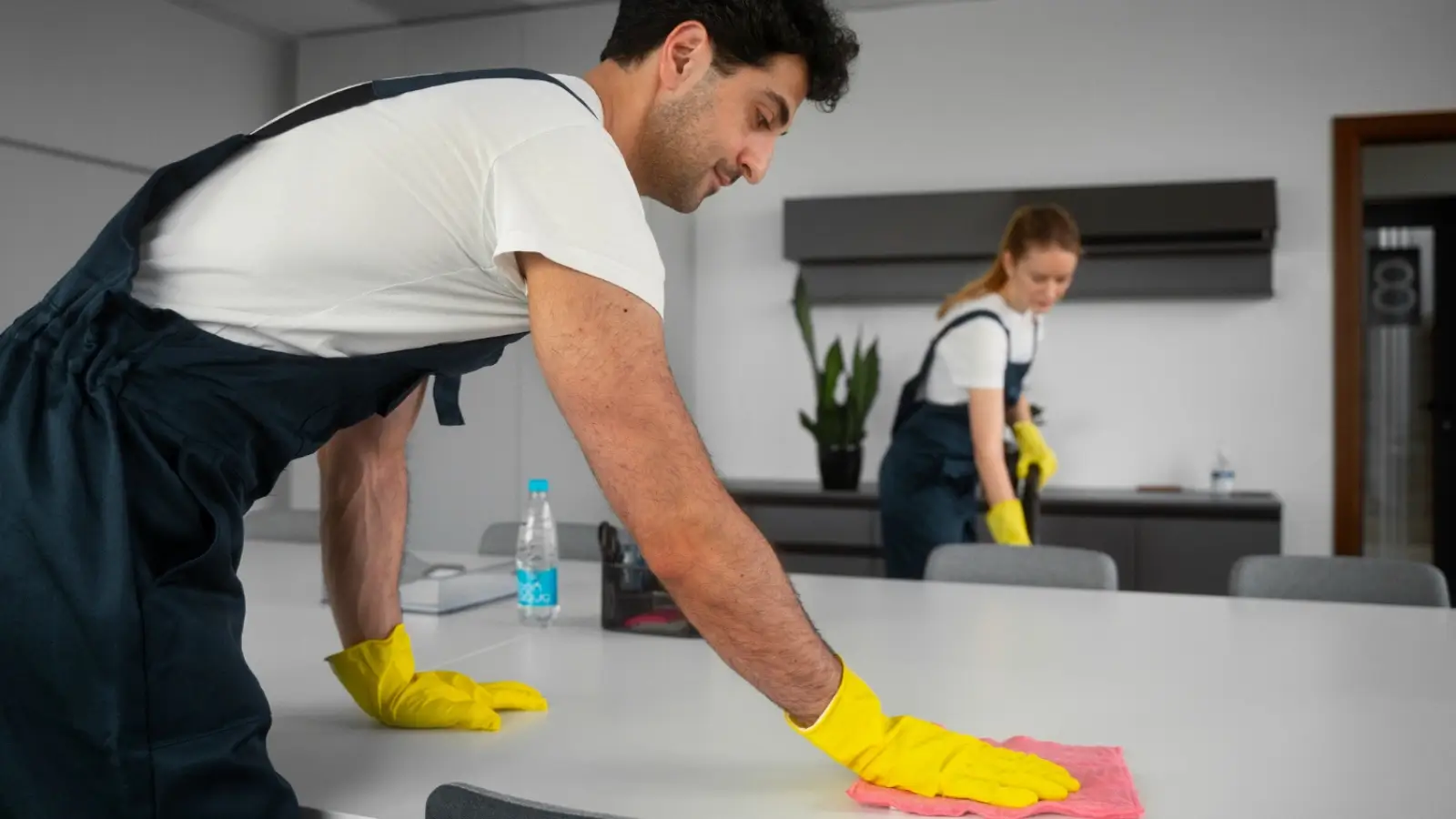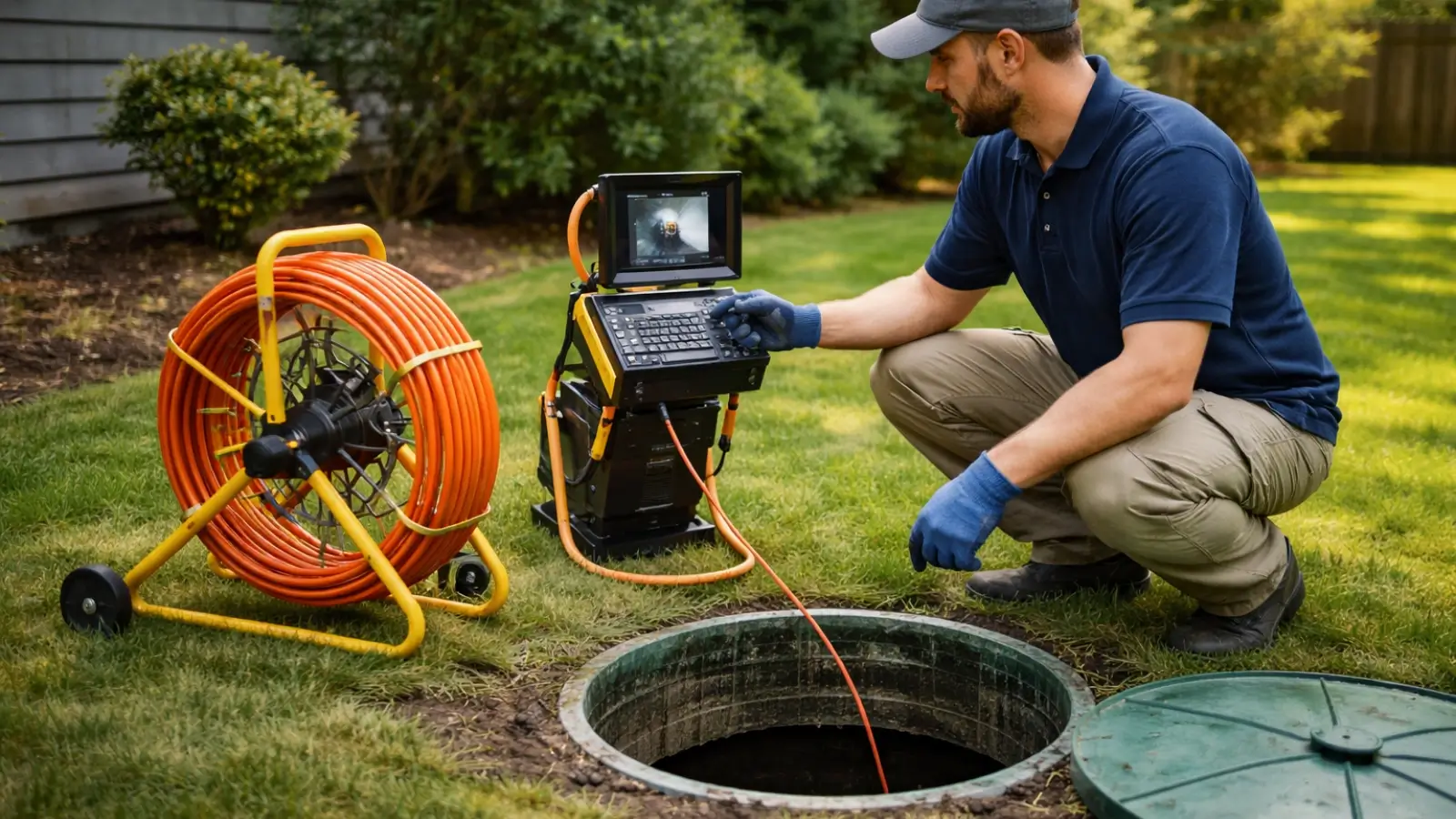When the summer heat sets in, a malfunctioning air conditioner can make your home feel unbearable. Whether it's weak airflow, odd noises, or a sudden breakdown, AC problems always seem to strike at the worst time. Promptly taking care of these issues is essential to avoid major expenses and restore comfort quickly.
In this blog, we will discuss how homeowners can troubleshoot common AC problems and recognize early warning signs. We will also cover when it's time to give up on DIY fixes and call in a professional for reliable and expert AC repair.
Common AC Problems
Here are some AC issues to watch for and what they usually indicate:
-
Warm air: If your AC blows warm air, it may be due to restricted airflow, low refrigerant, or thermostat issues.
-
Freezing coils: Frozen evaporator coils can result from low refrigerant levels, poor airflow, or a dirty air filter, which reduces cooling efficiency.
-
Leaking water: Water around your AC usually indicates a clogged condensate drain line or a broken pump, leading to improper drainage.
-
Unusual noises: Banging, squealing, or buzzing sounds can signal anything from loose parts to motor issues or debris inside the unit.
-
Shutting off unexpectedly: When an AC shuts off on its own, it may be short-cycling due to thermostat issues or an improperly sized system.
Basic Troubleshooting Guide for Homeowners
Listed below are the simple checks and fixes that homeowners can make to identify and resolve common AC problems before calling in a professional:
1. Check Thermostat Settings
Make sure your thermostat is set to the correct mode and your desired temperature. If it's unresponsive or inaccurate, consider replacing the batteries or checking the wiring if it's a wired model.
2. Examine Circuit Breakers
Check your electrical panel to see if breakers have tripped, especially if a system or appliance won't turn on. Simply flipping the switch back to the "on" position can often resolve the issue.
3. Inspect Air Filters
Over time, air filters can become clogged with dust and debris, restricting airflow and reducing system efficiency. It's important to check them monthly and replace them as needed, typically every 1 to 3 months.
4. Clear the Outdoor Unit
Ensure your HVAC's outdoor unit is free from leaves, grass clippings, or other debris that can block airflow. Keeping the area around the unit clean ensures it runs efficiently and helps prevent overheating.
5. Look for Visible Leaks
Inspect areas around sinks, toilets, water heaters, and HVAC units for any signs of moisture or pooling water. Catching a leak early can prevent costly water damage and mold growth.
6. Listen for Noise Clues
Unusual hissing or grinding noises may point to underlying mechanical issues. Noting when and where the noise occurs can be helpful information for a technician if professional help is needed.
When To Call a Professional for AC Repair
If basic troubleshooting doesn't resolve the issue, it's time to bring in a licensed HVAC technician. Warning signs include:
-
Lack of cold air after troubleshooting: If your AC still isn't blowing cold air after checking the thermostat, filter, and breakers, a deeper mechanical or refrigerant issue may be the cause.
-
Recurring ice buildup on the system: Ice forming repeatedly on coils or refrigerant lines often signals airflow problems or low refrigerant levels, which require professional attention.
-
Persistent water leaks or moisture issues: Ongoing water around the unit may point to a clogged condensate drain or a refrigerant leak, which can lead to further damage if left unaddressed.
-
Unusual or loud system noises: Grinding, banging, or screeching sounds typically indicate worn parts or motor issues, and continuing to run the system can worsen the damage.
-
Frequent short-cycling or startup failure: If your unit turns on and off rapidly or won't start at all, there could be a problem with sensors, electrical, or the compressor itself.
Avoid Sudden AC Breakdowns — Get Reliable and Expert Repairs!
Keeping your AC system running smoothly ensures a comfortable home and helps you avoid unexpected repair costs. For a reliable and expert AC repair, check out Clarksville Heating & Air. Their team handles everything from quick fixes to in-depth diagnostics, ensuring your system runs efficiently. With licensed technicians and a focus on quality service, they make the repair process straightforward and hassle-free.
Schedule your AC repair appointment today with Clarksville Heating & Air!










